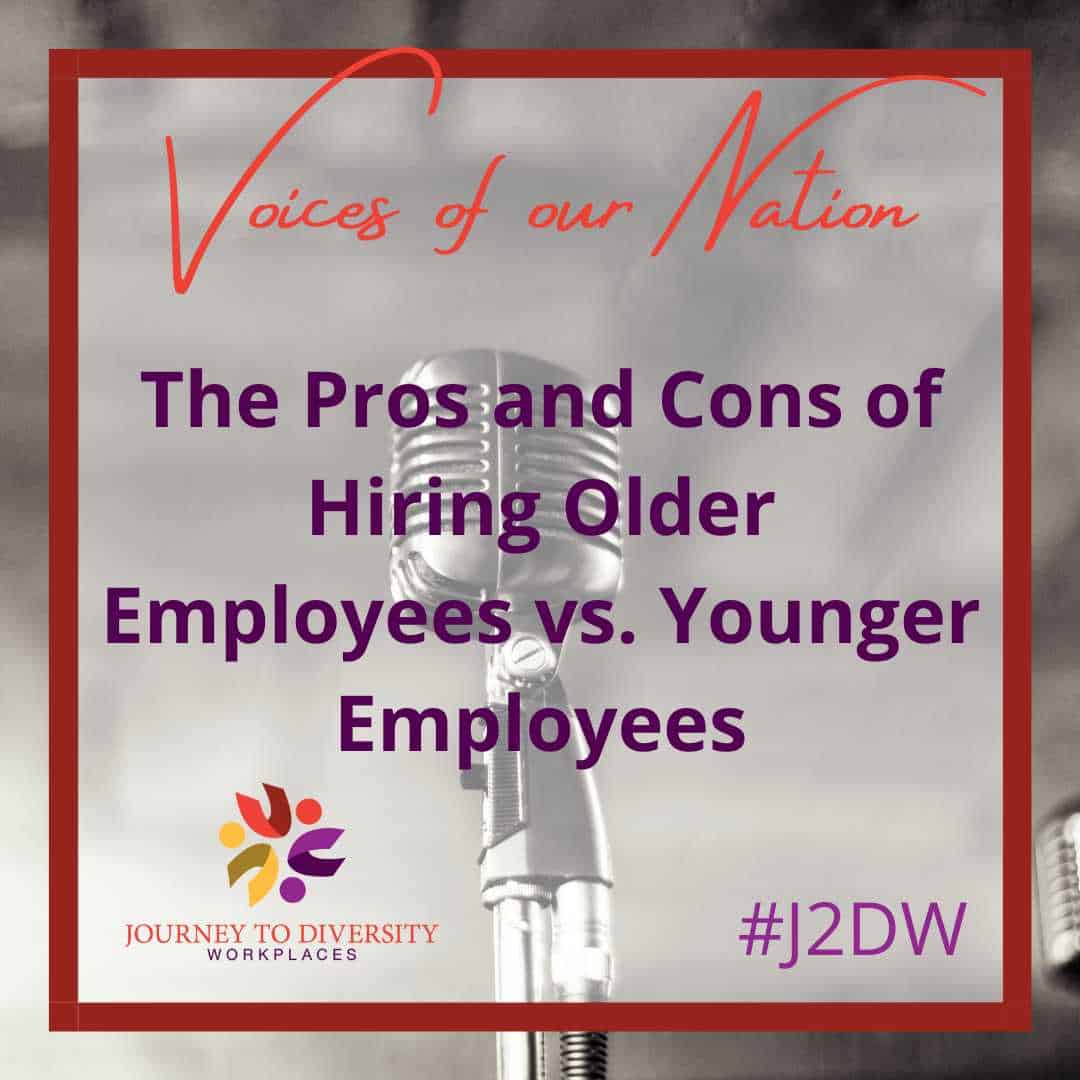Ever thought you would one day be in a position where you would have the decision on your hands to make or break someone’s career? Well if you are, here is something that you might come across depending on the nature of your job. This article aims to analyze some of the main factors to consider while picking the right person for the job. At the very outset, I must make it clear that I am referring to older as in more experienced professionals and not just being ageist.
What are the things one could consider? We have tried to lay down factors that could influence one’s decision below in a concise format. Hope it helps you come to a conclusion about your Sophie’s choice.
I have tried to first evaluate the pros of hiring older employees as opposed to younger employees before proceeding to the cons.
1) Experience – for certain jobs, job experience is a huge factor. Experienced employees bridge the gap from teaching from scratch to jumping right into the thick of things.
2) Less supervision – they definitely do not need as much supervision as a just out of college hire.
3) Fewer chances of mistakes – they have made their mistakes and hopefully learned from them.
4) Takes lead – having probably worked at other places before, they feel confident enough to take charge and lead the team.
5) Mentorship – older employees are able (and willing) to mentor younger, less-experienced employees.
6) Clients – older employees might just have a list of contacts and networking that will be useful in the growth of the firm.
7) Patience – apart from the odd temper tantrum, they display more patience to teach and to communicate with the team.
8) Loyalty – it comes with the package.
9) Punctuality – this is one of those old tradition school things but punctuality is common and important to their generation.
The pros of hiring younger employees as opposed to older employees can be listed as follows:
1) Adept at technology – younger employees have grown up in the lap of technology and are therefore much more proficient at it than the older generation.
2) More risk-taking – they just might be more open to the idea of risks (this might not necessarily go down well for the company but they at least had the courage to take that chance. Older employees are more cautious and less open to something and who knows, the risks might pay off).
3) Dynamic – I do know of 60-year-old CEO’s who have been nothing but dynamic all their lives and that is why they are at the top. But younger blood with more ideas, fresh out of college and enthusiastic might be just what is needed to revitalize the company.
4) Flexibility – older employees tend to have their own set of ideas and notions and cannot adapt easily to the changing mindset. Younger employees generally have a flexible attitude because they are more adept at changing (it’s a millennial thing maybe) and can pick up on such changes sooner (without grumbling).
5) Expectation of Salary – the older employees come with some experience and want to be compensated for the fact that their previous skill has saved some training of the employers and therefore they must be compensated for the same. Younger employees are more than happy that they are being paid as the job is a place where they start off and learn (they know that their salary is not going to be through the roof).
6) Physical attribute – though it sounds ageist, it is true that older employees do face certain physical drawbacks as compared to younger employees and the strenuous work can take a toll on their health.
Several more pros and cons could be listed. However, the important take away from this article is that at the end of the day, the circumstance, the company and the post being recruited for is what will ultimately decide as to who stays and who does not.
This article was written by volunteer blogger Riya Prem Raaj and edited by volunteer editor Shan Simpson.


